Russia’s presidency over BRICS ‘good opportunity’ to boost bilateral ties: Iran
Iran’s Parliament Speaker Mohammad Baqer Qalibaf has hailed Russia's presidency over the BRICS group of emerging economies as a good opportunity to expand relations between Tehran and Moscow in various fields.
Qalibaf made the statement in a meeting with the chairwoman of Russia's Federation Council, Valentina Matviyenko, on the sidelines of the 10th BRICS Parliamentary Forum in St. Petersburg on Friday.
“Beyond a shadow of a doubt, BRICS, alongside the bilateral relations between Iran and Russia, has regional and international effects for both countries. Russia's presidency over BRICS is a good opportunity to develop relations, especially in economic, security, social and cultural fields as well as transit, energy and trade,” Iran’s Parliament speaker said.
Qalibaf also stressed that Iran and Russia enjoy great capacities in economic development, investment and trade exchanges.
Matviyenko, for her part, said Russia supported Iran's accession to BRICS and emphasized that Iran is actively present in all formats and exchanges of the bloc.
She urged for approval of "high-level" agreements in the parliaments of the two countries. About 15 cooperation documents between the Iranian and Russian provinces are in the coordination stage, she said, asking the top Iranian lawmaker to support these cooperation documents.
Iranian Parliament Speaker Mohammad Baqer Qalibaf, in a meeting with Russian President Vladimir Putin, highlighted that bilateral relations will keep developing and expressed confidence that organizations like the BRICS group will support these growing ties. pic.twitter.com/dVhm263PaM
— Press TV 🔻 (@PressTV) July 12, 2024
Matviyenko also expressed her condolences for the death of Iran’s late president Ebrahim Raeisi in a tragic helicopter crash in May, saying, “We were all saddened by this incident; he contributed a lot to the improvement of relations between the two countries and we hope that this cooperation will be continued by the new president."
Iran officially became a member of the BRICS at the beginning of this year, five months after it announced its acceptance as a full member into the group along with Argentina, Egypt, Ethiopia, the UAE and Saudi Arabia.
BRICS was formed by and initially consisted of Brazil, Russia, India, China, and South Africa, which collectively represent around 40% of the global population and a quarter of the world’s gross domestic product (GDP).
Iran was among dozens of countries that sought membership in BRICS and had submitted a formal application to join the body.
Iran to develop economic relations with Armenia
In another meeting on the sidelines of the forum, Qalibaf met with Ruben Rubinyan, the vice president of Armenia’s National Assembly, and said economic relations between Tehran and Yerevan are appropriate and should move towards development.
“Our definitive policy in the 13th and 14th [Iranian] governments and the 11th and 12th parliaments is to expand relations with our neighbors,” Qalibaf said.
“Our red line is any border change in Iran's neighborhood and we have numerously emphasized this. Our economic relationship with Armenia is appropriate and we should move towards its development,” he added.
Rubinyan expressed his gratitude to Iranian authorities and people for supporting Armenia’s territorial integrity and sovereignty, saying, “Iran's position on the issue of Armenia is based on principles that are inviolable.”
Underlining the need for developing economic relations between the two countries, Rubinyan said, “Due to the presence of Iran, we are eager to use the 3+3 format to resolve regional issues.”
The Islamic Republic has repeatedly declared its readiness to help resolve the longstanding conflict between estranged neighbors, Azerbaijan and Armenia, through different formats and mechanisms.
The 3+3 format includes three southern Caucasus countries (Azerbaijan, Armenia, Georgia) and three neighboring countries (Russia, Turkey and the Islamic Republic of Iran).
Iran was one of the countries that proposed the formation of a 3+3 group in line with its foreign policy of resolving problems, differences and challenges faced by countries in the region.
ICC issues arrest warrants for Israel's Benjamin Netanyahu, Yoav Gallant
Israeli strikes kill 88 Palestinians in northern Gaza
American voters plainly rejected complicity in Gaza genocide: Iran FM spox
ICC should issue more arrest warrants for Israeli authorities over Gaza genocide: UN expert
Israel using AI weapons co-produced by India in Gaza genocide: Report
Israel issues new evacuation orders, shortly launches strikes on southern Lebanon
VIDEO | Press TV's news headlines
From Iraq to Gaza: The great disconnect between British people and rulers


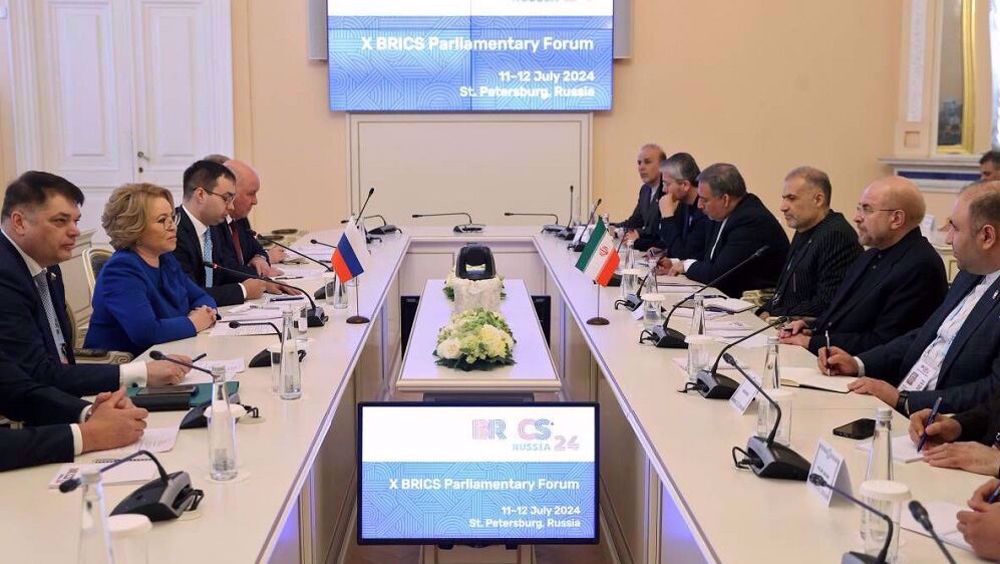
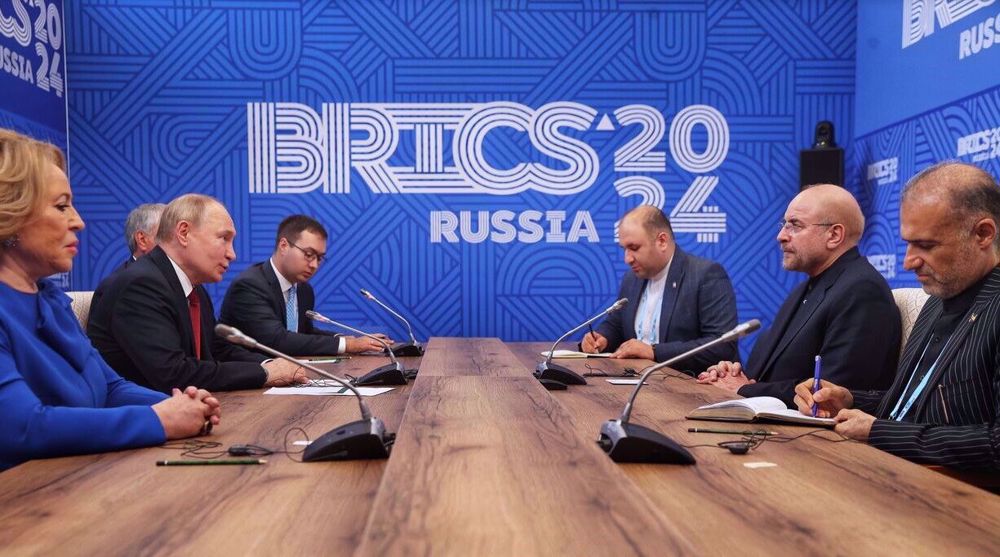

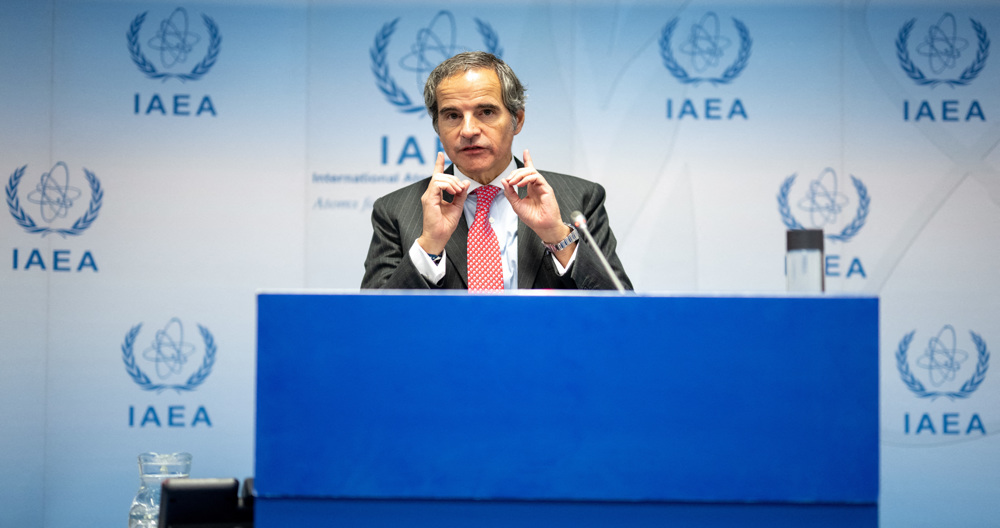
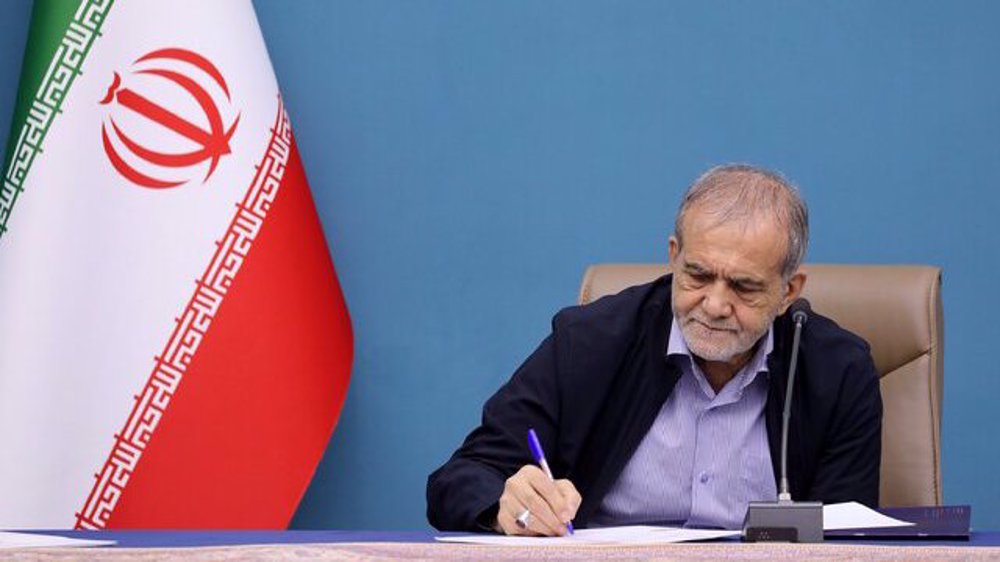



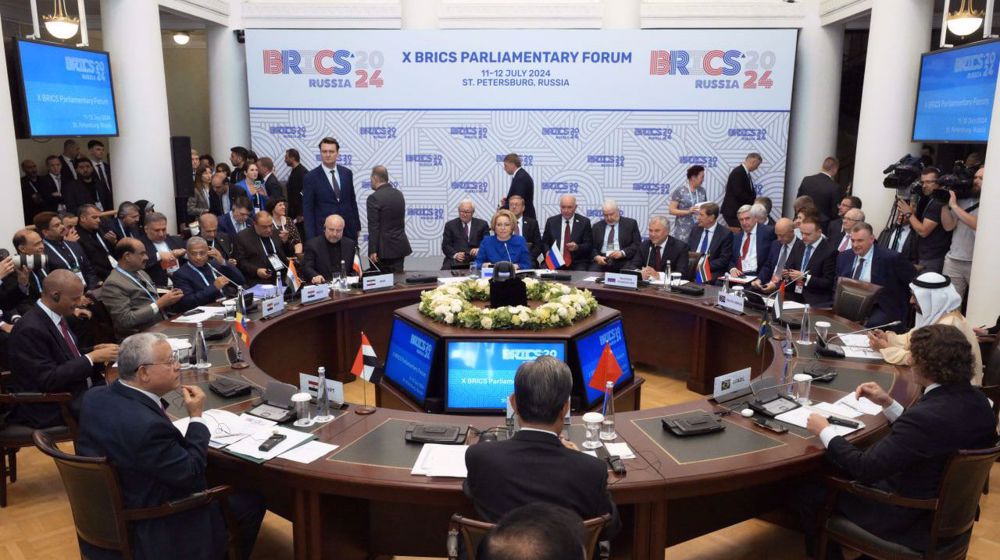
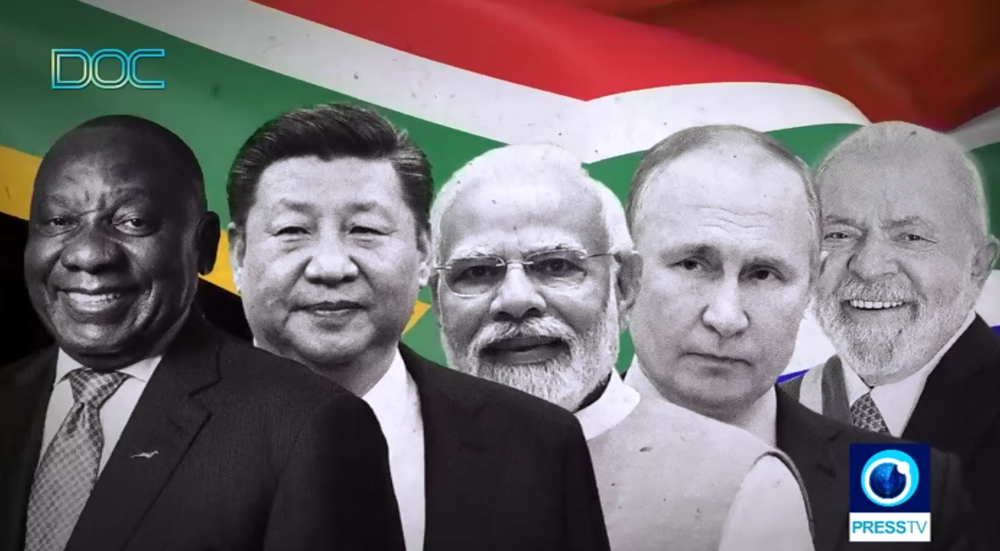
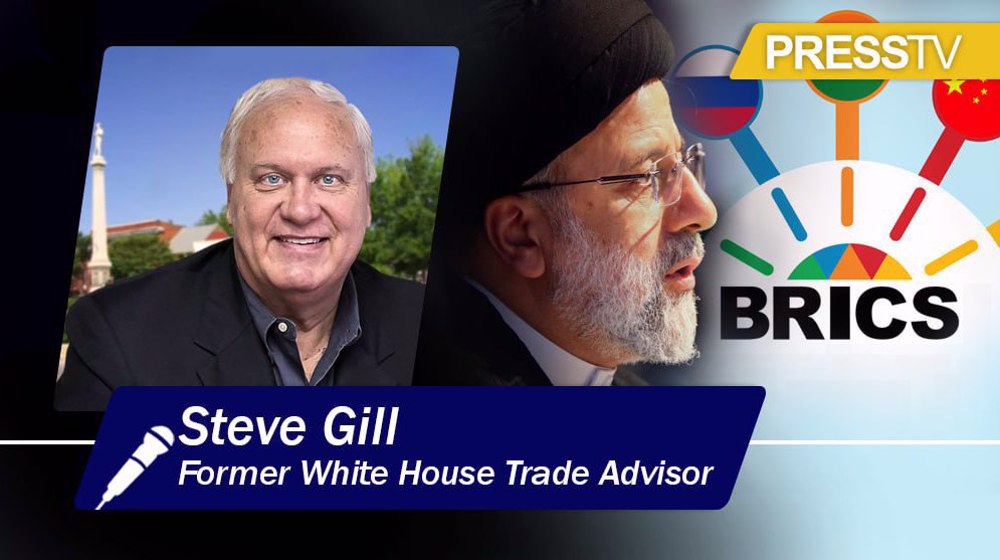
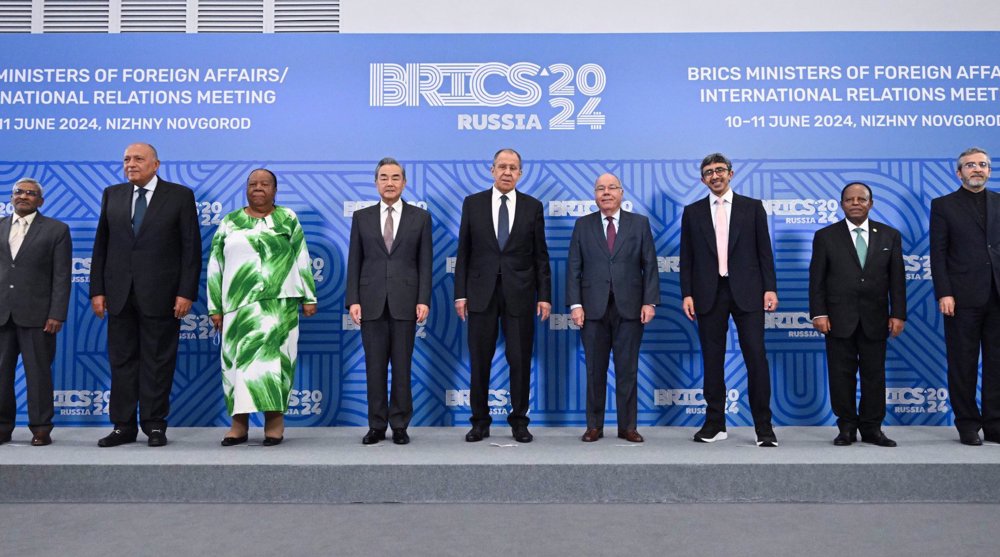

 This makes it easy to access the Press TV website
This makes it easy to access the Press TV website